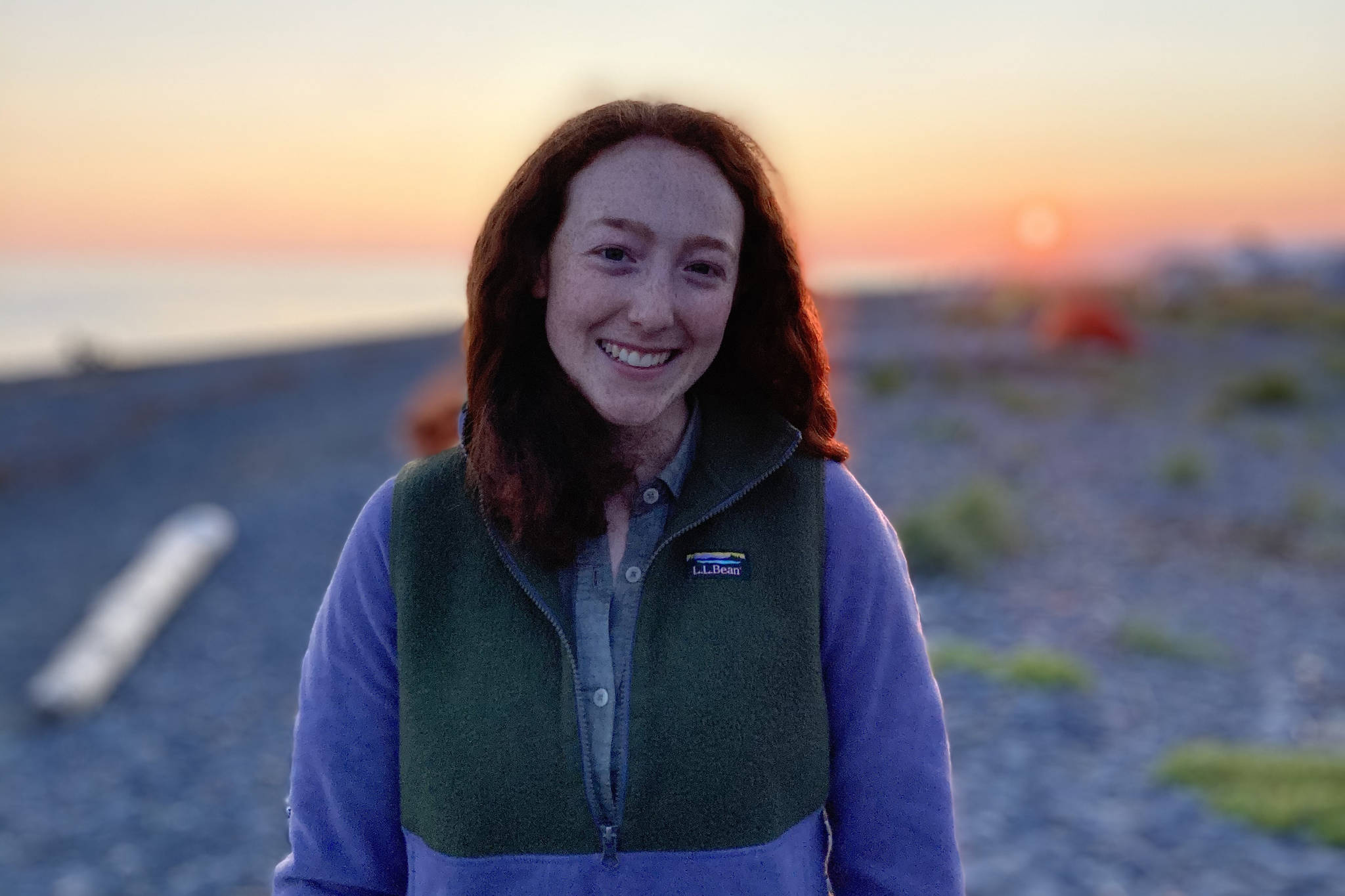There is an enduring struggle in Cook Inlet to balance developing natural resources while protecting the watershed’s rich biodiversity and thriving tourism and fishing industries. To date, the scale has tipped in favor of development. One of the most irrevocable outcomes may be the extinction of Cook Inlet beluga whales.
Cook Inlet beluga whales have been genetically and geographically isolated from other populations for thousands of years. According to the Center for Biological Diversity, the population numbered around 1,300 individuals in the 1980s but precipitously dropped by some 80% in the 1990s due largely to poorly managed subsistence hunting.
In response to their rapid decline, conservationists and concerned scientists petitioned to list Cook Inlet beluga whales as an endangered species. In summer 2008, the National Marine Fisheries Service complied and designated around 2 million acres of critical habitat area to protect the whale despite objections from the state of Alaska.
Many scientists thought the population would recover after a moratorium on hunting. Yet, this has not been the case. As of January 2020, NOAA Fisheries estimated that Cook Inlet beluga whales numbered 279, a marked decrease from a 2016 study estimating 293 animals.
There are many plausible reasons for the continued decline in the population. They are particularly vulnerable to a variety of compounding stressors such as habitat destruction, pollution, shipping traffic and prey competition. Cook Inlet whales are particularly susceptible to underwater noise in an area replete with high vessel activity, oil and gas exploration and development, and military operations. Loud underwater noises can inhibit whales from echolocating to find one another and food and undermine their ability to mate and care for their young.
While underwater noises and compounding stressors have suppressed Cook Inlet beluga whales over the past decade, an additional threat may push them even closer to extinction: an increase in pollution from oil and gas operations.
“Zero discharge” into navigable waters is the norm for other coastal oil and gas operations, which must comply with the 1972 Clean Water Act’s goal of eliminating the discharge of pollutants. Yet Cook Inlet is the only coastal location where oil and gas companies can release contaminated produced water and drilling wastes with little or no treatment. The 2007 Clean Water Act permit allows 100,000 gallons of oil and grease and 887,000 pounds of toxic metals to be dumped into Cook Inlet annually.
This permit is once again up for renewal, and the 2019 draft issued by the Alaska Department of Environmental Conservation (ADEC) is substantially weaker than the 2007 permit. By enlarging the mixing zone areas, DEC is allowing pollutant discharges to increase by 50% for pollutants like toxic metals and carcinogenic polycyclic aromatic hydrocarbons (PAHs).
There is growing evidence to suggest a correlation between an increase in PAHs and a decline in beluga whale population viability. A 2018 report by Daniela Pampanin and Magne Sydnes studied beluga whales exposed to PAHs that were disposed directly into St. Lawrence Estuary (SLE) by local aluminum smelters from 1926 to 1976. The study reports that the traces of PAHs in the river’s sediments “are likely etiologically related to gastrointestinal epithelial cancers observed in 7% of 156 mature (>19-year old) adult beluga found dead along the shorelines.”
In plain terms, PAHs — carcinogenic compounds found in produced water from oil and gas production in Cook Inlet — are a “likely cause” of terminal cancer in beluga whales.
The oil and gas industry has the financial and technological capability to reinject their toxic wastes and to eradicate pollution discharges, according to a Cook Inletkeeper report. Yet, ADEC appears willing to allow Hilcorp and other companies to increase toxic dumping to maximize profits.
ADEC could issue the revised permit any day. The permit as is could further reduce the critically endangered population. The consequences, of course, go far beyond beluga whales. Increased toxic pollution in Cook Inlet will negatively affect Native cultures, our fishing and tourism industries and the overall health of the Cook Inlet watershed.
So speak out for Cook Inlet and beluga whales. We need your voice to stop ADEC from issuing a short-sighted permit that will unnecessarily pollute Cook Inlet.
Ariel Silverman is a policy and advocacy intern at Cook Inletkeeper and will begin her junior year at Harvard College in the fall where she is studying social studies and environmental science.

